
Question to the EC: Premium-rate telephone lines and consumer protection
See Francisco Guerreiro’s question to the European Commission and the written answer on premium-rate telephone lines and consumer protection.
Subject: Premium-rate telephone lines and consumer protection
Across the Member States, public and private entities provide certain services through premium-rate telephone lines, for which higher prices than normal are charged.
These entities profit from these lines by luring uninformed elderly people, adults and children to call the line to, for example, obtain psychological help, play games, view pornographic content, participate in contests or even contact public services.
In many cases, these are legal fraud schemes where there is a lack of transparency regarding the conditions applied to the calls. In general, there is also a lack of transparency regarding the profit generated through these premium-rate lines across the EU.
1. Could the Commission clarify if the Consumer Rights Directive (1) (or other legislation) provides for any consumer protection in this field?
2. If so, how has it been monitoring the transposition of the respective legislation into national law and the Member States’ compliance? What measures does the directive provide for to assure full transparency?
3. What documents are available for public consultation to serve this purpose, and, given the need to better understand this business and protect consumers, does the Commission intend to carry out a study on the profitability of premium-rate lines across the EU?
(1) Directive 2011/83/EU of the European Parliament and of the Council of 25 October 2011 on consumer rights.
Answer in writing
Directive 2011/83/EU(1) addresses the rate for phone calls only with respect to communication by telephone in relation to the contract concluded between the trader and the consumer, such as for making a complaint. In those cases, the consumer must not be required to pay more than the basic rate. More generally, by complementing sector-specific regulations, national competent authorities can apply Directive 2005/29/EC(2) on unfair commercial practices to prohibit misleading information by traders to consumers about the applicable premium rates for calls.
Specific consumer protection rules in this area are provided by the EU telecom legislation(3) in particular Article 28 of the Universal Service Directive (USD) ensures that relevant authorities are able to block, on a case-by case basis, access to numbers or services where this is justified by reasons of fraud or misuse. Under Article 29 and Annex I part A point b, national regulatory authorities are able to require providers to make available additional facilities such as selective barring for outgoing calls or premium SMS or MMS, or, where technically feasible, other similar kinds of applications, free of charge.
The EU consumer protection legislation referred to above, including Directives 2011/83/EU and 2005/29/EC, is transposed into national law. Member States’ competent authorities are responsible for ensuring that traders comply with the rules, including addressing any infringements. The Commission reported on the application of Directive 2011/83/EU in 2017(4).
(1) Directive 2011/83/EU of the European Parliament and of the Council of 25 October 2011 on consumer rights, (OJ L 304, 22.11.2011, p. 64), see in particular Article 21.
(2) Directive 2005/29/EC of the European Parliament and of the Council of 11 May 2005 concerning unfair business-to-consumer commercial practices in the internal market (OJ L 149, 11.6.2005, p. 22).
(3) Directive 2002/22/EC (Universal Service Directive).
(4) https://ec.europa.eu/newsroom/just/item-detail.cfm?item_id=59332
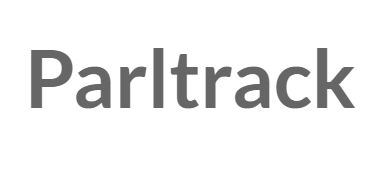





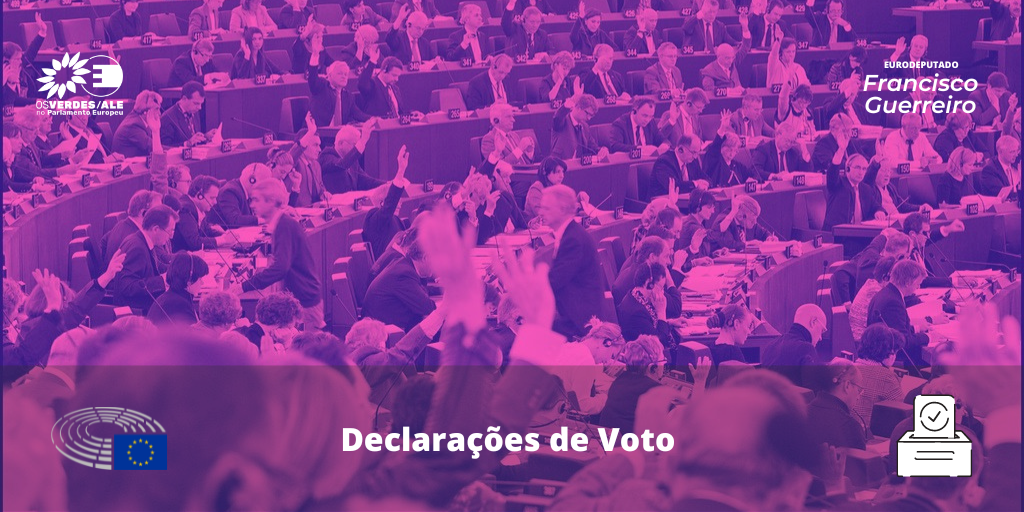
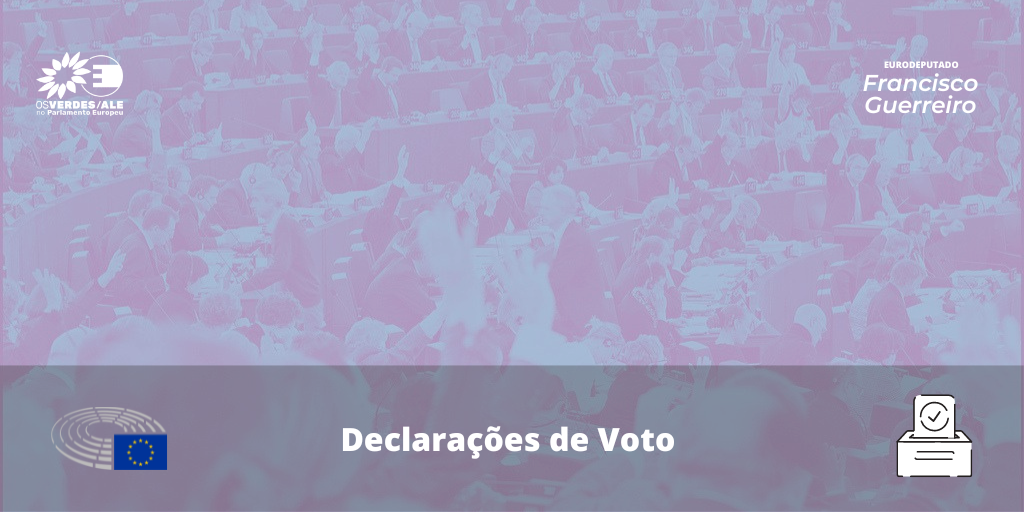
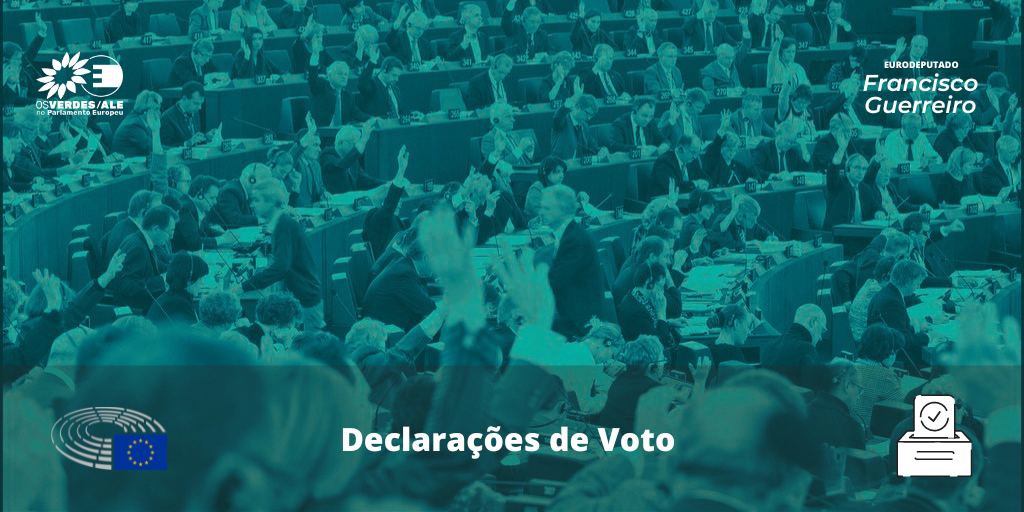
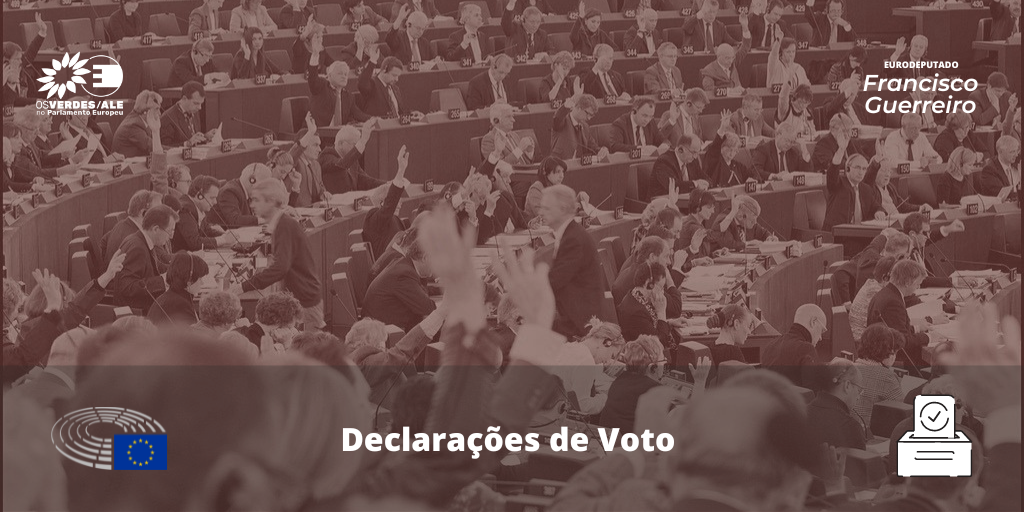
ParlTrack - Francisco Guerreiro considered one of the most productive MEPs
Monday, 01 July 2024
The analytical website ParlTrack has recorded all the parliamentary actions of MEPs during the 2019-2024 term, considering Francisco Guerreiro one of the most productive.READ MORE